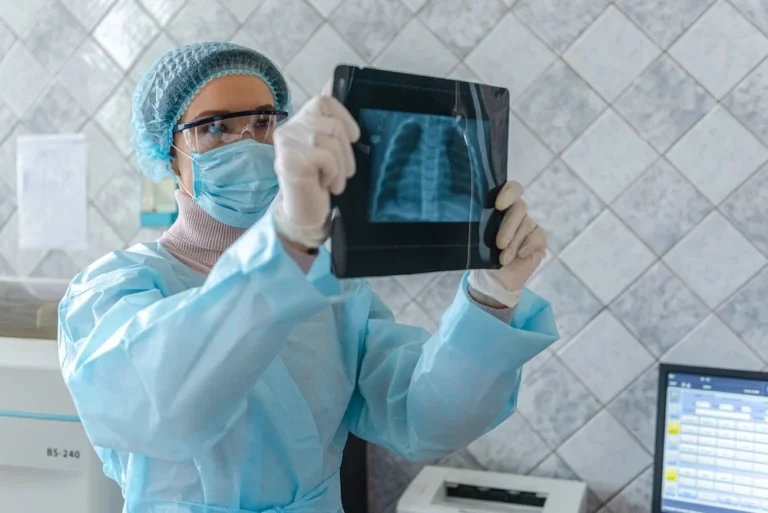Advancing Cancer Care: The Role and Innovations in Surgical Oncology.
Surgical oncology stands at the forefront of cancer treatment, playing a pivotal role in diagnosing, staging, and treating various malignancies. In this article, we will delve into the comprehensive world of surgical oncology, exploring its principles, techniques, advancements, and the crucial impact it has on the lives of cancer patients.
To Know More About It Please Click Here
Defining Surgical Oncology
Surgical oncology is a specialized field of medicine dedicated to the surgical management of cancer. Surgeons in this discipline, known as surgical oncologists, undergo extensive training to address the complexities of cancer surgery, often collaborating closely with other oncology specialists to provide integrated and personalized care.
Principles of Surgical Oncology
The principles of surgical oncology revolve around achieving optimal cancer control while preserving organ function and minimizing the impact on the patient’s overall quality of life. Key principles include:
- Tumor Removal (Resection): Surgical oncologists aim to remove the tumor completely while ensuring adequate margins of healthy tissue to reduce the risk of recurrence.
- Lymph Node Evaluation: Assessing and, if necessary, removing nearby lymph nodes is crucial to determine the extent of cancer spread and guide further treatment decisions.
- Minimally Invasive Techniques: Advancements in surgical techniques, such as laparoscopic and robotic-assisted surgeries, allow for smaller incisions, faster recovery times, and reduced postoperative complications.
Common Surgical Procedures
Surgical oncology encompasses a wide array of procedures tailored to the specific characteristics of each cancer. Common surgical interventions include:
- Lumpectomy/Mastectomy: Surgical removal of breast tumors, ranging from partial removal (lumpectomy) to complete removal of the breast (mastectomy).
- Colectomy: Removal of a portion of the colon affected by cancer.
- Prostatectomy: Surgical removal of the prostate gland in cases of prostate cancer.
- Gastrectomy: Removal of all or part of the stomach affected by stomach cancer.
- Hysterectomy: Removal of the uterus in cases of uterine cancer.
Multidisciplinary Collaboration
Surgical oncology is often part of a larger multidisciplinary team approach to cancer care. Collaboration with medical oncologists, radiation oncologists, pathologists, and other specialists ensures a comprehensive and individualized treatment plan for each patient. This integrated approach considers various treatment modalities to optimize outcomes and minimize side effects.
Innovations and Technological Advancements
The field of surgical oncology has witnessed remarkable innovations and technological advancements, enhancing the precision and efficacy of cancer surgeries. These include:
- Robot-assisted Surgery: Robotic systems allow surgeons to perform complex procedures with enhanced precision, reduced invasiveness, and improved visualization.
- Intraoperative Imaging: Real-time imaging technologies help surgeons visualize tumors and critical structures during surgery, facilitating more precise tumor removal.
- Sentinel Lymph Node Mapping: Techniques such as sentinel lymph node mapping aid in identifying the first lymph nodes that cancer is likely to spread to, guiding the extent of lymph node dissection.
Patient-Centered Care and Recovery
Surgical oncology places a strong emphasis on patient-centered care, recognizing the physical and emotional challenges individuals face during their cancer journey. Postoperative care includes comprehensive support, rehabilitation, and follow-up to monitor recovery and address any potential complications.
To Know More About It Please Click Here
Conclusion
Surgical oncology stands as a cornerstone in the multidimensional landscape of cancer treatment, offering hope and healing through precise and innovative surgical interventions. As the field continues to evolve, with ongoing research and technological advancements, the future holds the promise of even more personalized, minimally invasive, and effective surgical approaches. In the collective effort to combat cancer, surgical oncology remains a beacon of progress, contributing significantly to the ongoing pursuit of better outcomes and improved quality of life for those affected by cancer.








